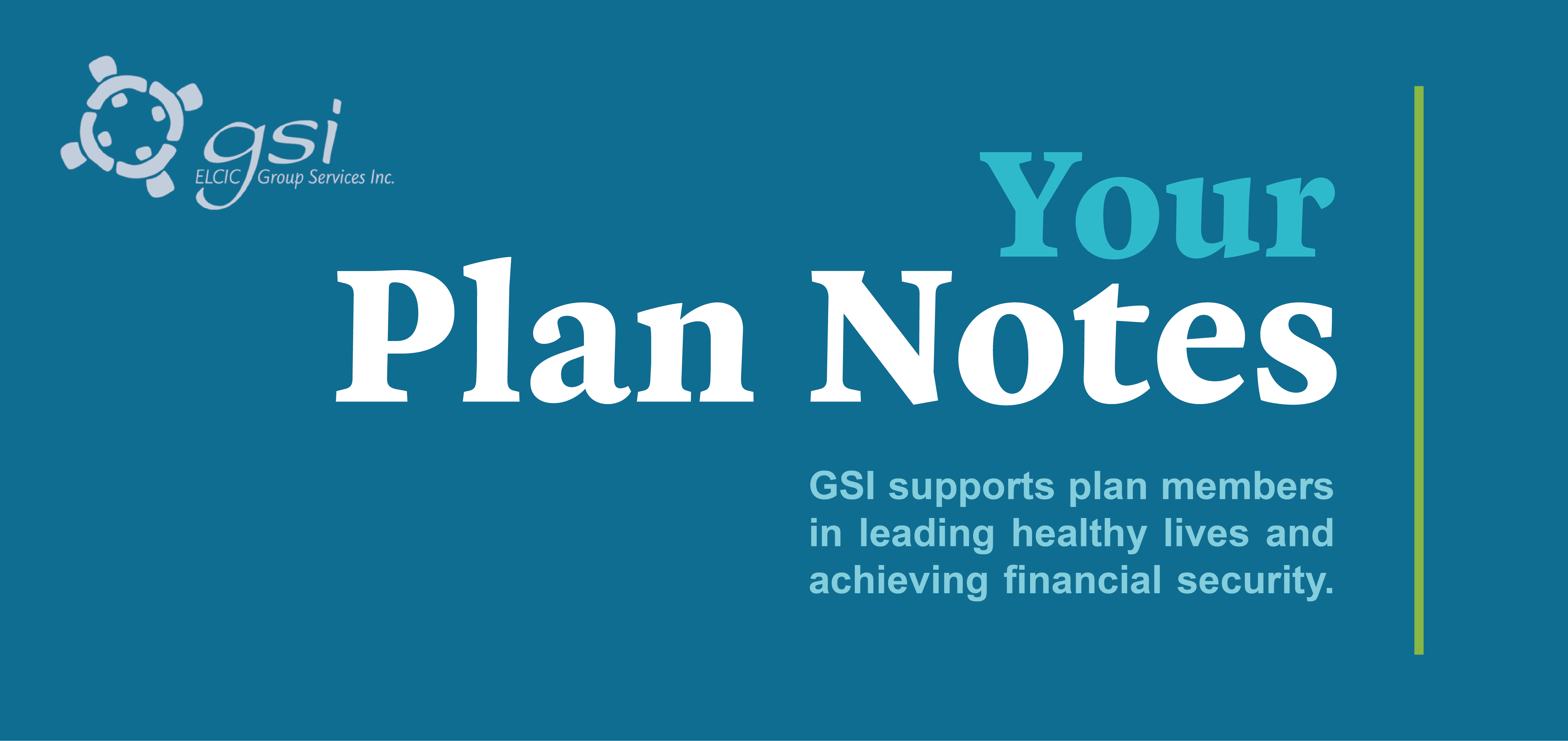
The June Benefits Newsletter includes:

Reflection on attending the Festival of Homiletics by Rev. Diane Nokonechny


This year I attended the Festival of Homiletics in Minneapolis and it was an incredible experience! While I’ve attended online in the past, it was something else to be on site with over 1000 other people of faith, from all kinds of backgrounds, worshiping and learning together. It was an inspiring reminder that God is at work in the world through all kinds of folx to ensure that the Gospel is shared with those who need to encounter it.
Aside from some much-needed time away for refreshment taking in the local food and sights, my experience at the Festival of Homiletics has left an impression upon me that will undoubtedly impact the substance of my preaching for years to come. It was a powerful opportunity for me to hear voices that I might not otherwise have the chance to – Bishop Michael Curry, Ottis Moss III, Rev. Dr. Melva Sampson, just to name a few.
As a person who comes from a settler background, whose pale skin color opens up privileges not so easily accessible to members of the BIPOC community, as someone for whom there is a color in the Rainbow but who flies under the radar so I don’t endure the relentless vitriol directed towards other members of the 2SLGBTQIA+ community, it is crucial for me to hear the voices of those whose lived experience is so very different from mine. The Festival of Homiletics is the perfect place to do just that. Hope to see you there next year!

Newsletter
Men’s mental health is often considered a shadowy subject. In recent times, studies around the world have explored men’s mental health in more depth and research shows that male vulnerability can be seen through suicide statistics.
For Men’s Health Month in June, we offer resources that empower men to take charge of their mental health and remind them that it’s okay to struggle. And when they do find themselves facing tough times, there’s support for them available.
Page two of the Humanacare newsletter provides tips on how to build emotional awareness.
June Webinar
Theme: Men’s Health
Ask an Expert Question / Concern: “I’m worried about a male in my life as I see him struggling but he won’t reach out for help. What can I do to support him?”
Date: Wednesday, June 14th TOMORROW
Time: 12:00 – 12:30 PM ET
Description: Toxic masculinity is a cultural concept that glorifies strength, aggression and dominance. When society teaches men that showing emotions is a sign of weakness, the consequences to mental health can be significant. We all have a role to play in supporting male figures in our lives and help them accept that it’s okay not to be okay sometimes. Join CloudMD this month to unpack the concept of toxic masculinity and how to play a supportive role for those who are struggling.

The Importance of Hydration in
Supporting Optimal Immune Function
Water is an essential component of our bodies, and proper hydration is crucial for maintaining overall health. This is especially important during summer to replenish the fluids lost through perspiration. With rising temperatures, our bodies work harder to stay cool, leading to increased sweating and a higher risk of dehydration. Beyond quenching our thirst, adequate hydration plays a significant role in supporting optimal immune function. In this article, we will explore the importance of hydration in bolstering the immune system and discuss the best strategies to stay hydrated.
Hydration and Immune Function
Staying properly hydrated is vital for supporting the immune system’s ability to defend the body against pathogens. The immune system relies on various mechanisms to identify and eliminate harmful invaders. One such mechanism is the movement of immune cells through the lymphatic system, which helps them reach infection sites promptly. Sufficient hydration supports the efficient circulation of lymph, facilitating the movement of immune cells and enhancing their ability to combat infections.
Adequate hydration also ensures the optimal functioning of mucous membranes, which act as a barrier against pathogens in the respiratory and digestive tracts. When well-hydrated, these membranes remain moist, allowing them to trap and flush out invading microbes effectively. Furthermore, hydration supports the production and circulation of antibodies and immune cells, strengthening the body’s defense against illnesses.
The Best Ways To Stay Hydrated

Drink Plenty of Water: The simplest and most effective way to stay hydrated is to drink an adequate amount of water throughout the day. The National Academies of Sciences, Engineering, and Medicine recommend a daily water intake of about 3.7 liters for men and 2.7 liters for women.
Consume Hydrating Foods: Incorporate water-rich foods into your diet to boost hydration. Fruits like watermelon, oranges, and grapes, as well as vegetables like cucumbers, tomatoes, and lettuce, are excellent choices. These foods not only provide hydration but also offer essential vitamins, minerals, and antioxidants.
Limit Dehydrating Substances: Be mindful of substances that can contribute to dehydration, such as alcohol and caffeine. Both can have diuretic effects, increasing urine production and potentially leading to fluid loss. Moderation is key, and balancing consumption with adequate water intake is crucial.
Use Hydration Reminders: In our busy lives, it’s easy to forget to drink enough water. Utilize smartphone apps or set reminders to prompt regular hydration throughout the day. This simple strategy can help ensure that you stay adequately hydrated.
In conclusion, maintaining proper hydration is essential for supporting optimal immune function. By staying hydrated, you facilitate the efficient circulation of immune cells, enhance mucous membrane function, and support the production of antibodies and immune cells. Remember to drink sufficient water, consume hydrating foods, and be mindful of substances that can contribute to dehydration. By incorporating these practices into your daily routine, you can bolster your immune system and promote overall well-being.
Sources:
National Academies of Sciences, Engineering, and Medicine. (2020). Dietary Reference Intakes for Water, Potassium, Sodium, Chloride, and Sulfate. The National Academies Press.

Benefits Plan Reminders
- Summer vacation season is here! Please download your Manulife card to your smartphone wallet and have the Manulife app ready to go.
- Please check the payments of your claims and Explanation of Benefits carefully. Due to a programming issue, some errors have occurred. While Manulife is currently auditing the claims to make corrections, contact the GSI office (see below) with any concerns you may have.
- Our benefits plan includes a HealthCare Spending Account (HCSA). If you have not used this benefit yet or are not sure what it is for, please check the virtual booklet for more information or call the office 1-877-352-4247.
